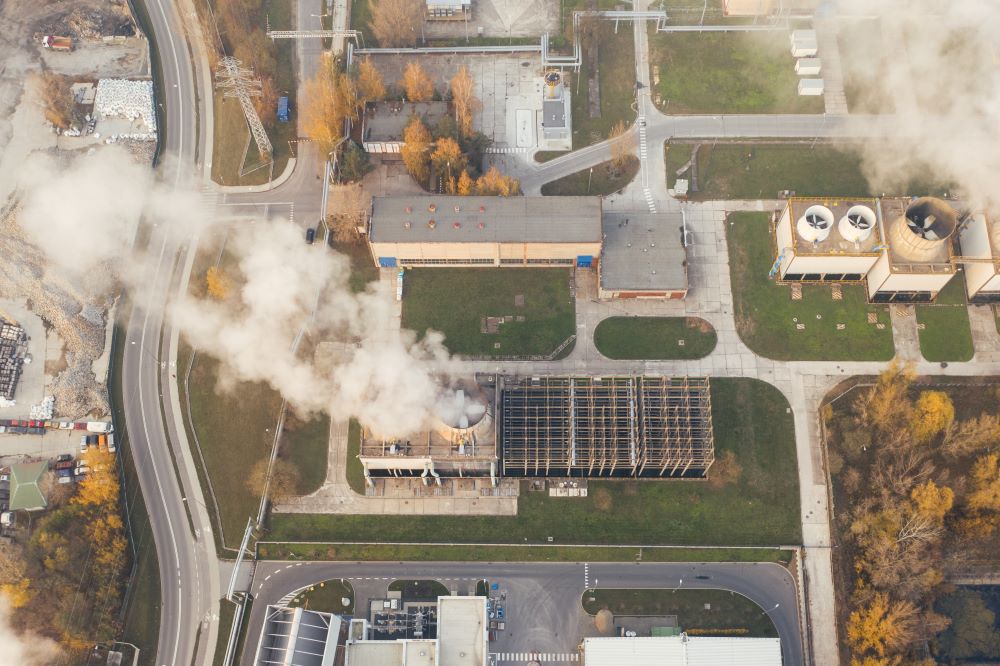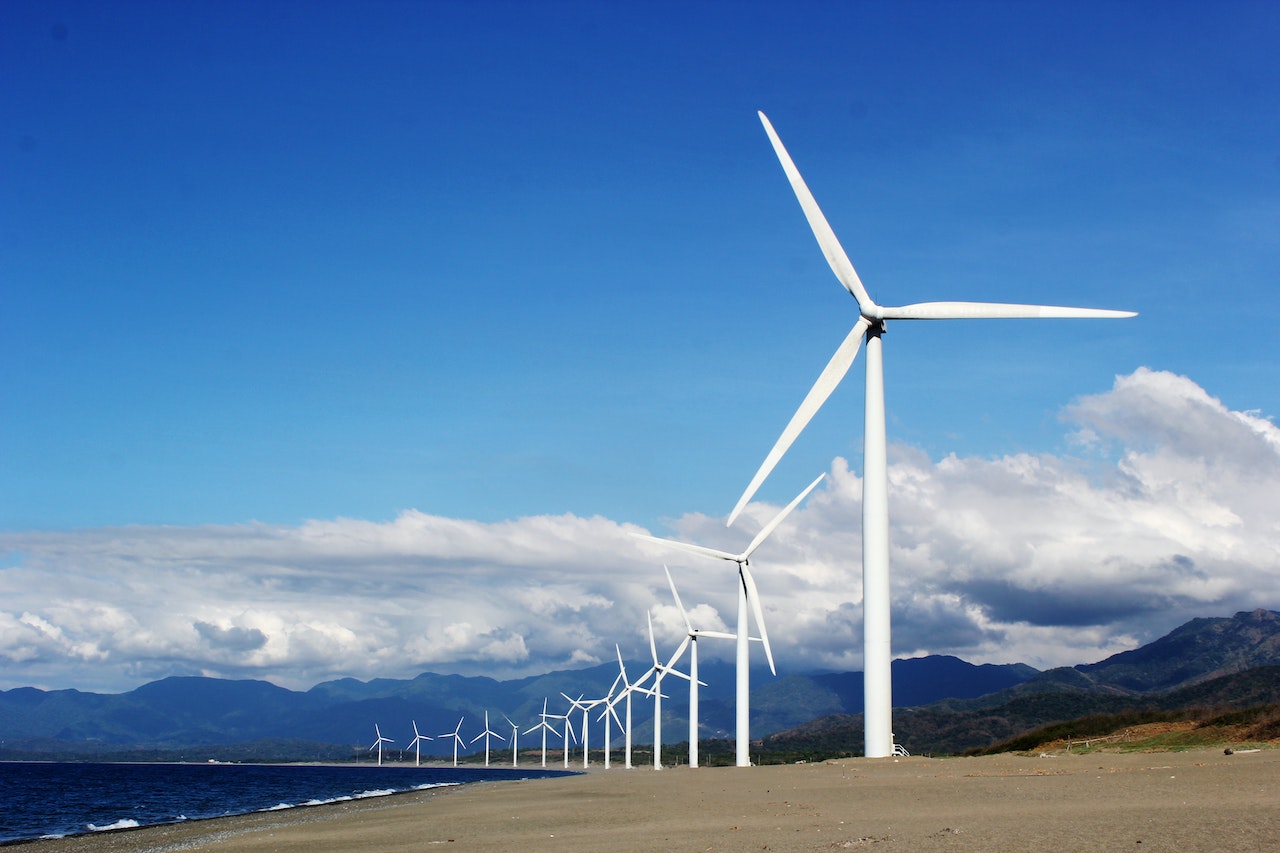Przeczytaj artykuł
Czas czytania: 7 minut
Fujifilm’s Sustainable Value Plan 2030 (SVP2030)
The Fujifilm Group announced its Sustainable Value Plan 2030 (SVP2030) in August 2017. The new plan set targeting FY2030 as its long-term goal, which is expected to lay the foundations of the Group’s business management strategies for sustainable growth. One of the key pillars of the SVP2030 is dedicated to the environment.
The environment and sustainability
There are four priority issues, regarding the environmental part of the SVP2030, each with its own set of targets:
- Address climate change
- Promote the recycling of resources
- Address energy issues towards a decarbonised society
- Ensure product and chemical safety
1. Address climate change
Reduce the Fujifilm Group’s own CO2 emissions
Reduce CO2 emissions across the entire product life cycle*1 by 50% by FY2030, compared to the FY2019 level
So far (2020) the progress is 15%, 29% of the way towards the target
Reduce CO2 emissions from its operations (Scope 1 and 2) *2 by 50% by FY2030, compared to the FY2019 level, aiming to achieve net zero CO2 emissions by FY2040
So far (2020) the progress is 6%, 13% of the way towards the target

Contribute to reduce CO2 emissions in society through the use of Fujifilm’s products and services.
Contribute to a reduction in the CO2 emissions generated by society by 90 million tons by FY2030
Fujifilm has recently increased its target for contributing to reducing CO2 emissions generated in society from 50 million tonnes to 90 million tonnes. The aim is to achieve this by replacing conventional products with products that are more sustainable.
So far (2020) the progress is 20 million tonnes, 23% of the way towards the target

Increase the % of products certified as “Green Value Products” to 60% of group-wide sales by FY2030.
The Fujifilm Group operates the “Green Value Products” certification scheme, a mechanism for continually creating superior environmentally conscious products and services. In fiscal 2020, 30 new products were certified, bringing the total to 166 (32%), and the company increased the target for the number of products certified to 60% of group-wide sales. As such, Fujifilm is over half-way towards this target.
So far (2020) the progress is 32%, 53% of the way towards the target.
*1 Including phases such as procurement of materials, and manufacturing, transportation, usage and disposal of products.
*2 Direct emission from the company at the manufacturing stage of the product (Scope 1) and indirect emission due to the use of electricity / steam supplied from other companies (Scope 2).
Promote the recycling of resources
Reduce the amount of water the Fujifilm Group uses by 30% by FY2030 (compared to FY2013 levels)
The result in FY2020 was 16%, so the company is over half-way towards the goal of 30% by FY2030.
Contribute to the treatment of 35 million tonnes of water per year in society by FY2030
The result in FY2020 was 8 million tonnes, so the company is around 23% of the way towards the goal of 35 million tonnes by FY2030.
Reduce the amount of waste produced by the Fujifilm Group by 30% by FY2030 (compared to FY2013 levels)
Fujifilm has managed to ensure that the amount of waste produced by the Group did not increase in FY2020, despite rising revenues and an expansion of the business, but has not yet managed to make the reductions planned. This is a key area of focus for the future.
Achieve a recycling index*3 of more than 10 by FY2030 (was 6.5 in FY2020)
Achieve a valuables conversion index*4 of more than 1 in FY2030 (was 0.63 in FY2020)
*3 Recycling index = (Recycled volume + Valuable-converted volume) / Simple disposal volume
*4 Valuables conversion index = Valuable-converted volume / Recycled volume
Address energy issues towards a decarbonised society
By contributing to the creation and widespread use of renewable energies through advanced materials, Fujifilm aims to help address energy issues and the move towards a decarbonised society. In particular, a New Energy and Industrial Technology Development Organisation (NEDO) started the development of an “all solid state lithium-ion battery” – a next generation storage battery for electric vehicles, under an industry-government-academia collaboration. Fujifilm is participating in the project as one of 23 manufacturers of cars and batteries.
Ensure product and chemical safety
Under this objective, Fujifilm’s aim is to minimise the adverse effect of chemical substances on human health and the environment. In particular, Fujifilm completed the replacement of 2 of 7 chemical substances within the high priority substances for risk management, a new classification established in 2020. In addition, Fujifilm held online briefings for business partners and achieved 90% understanding of the chemSHERPA chemical information communication system, contributing to further improvement of management accuracy for hazardous substances used in products.